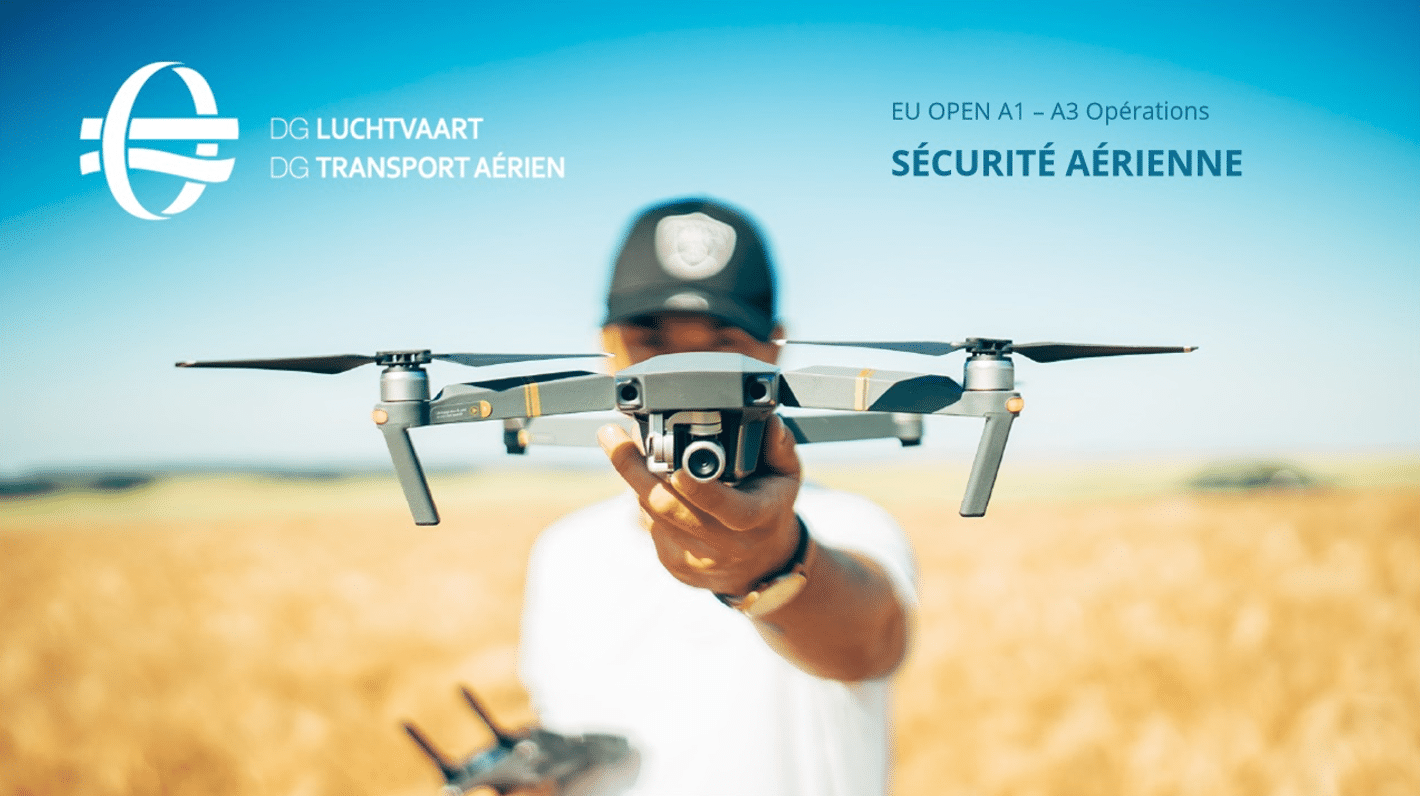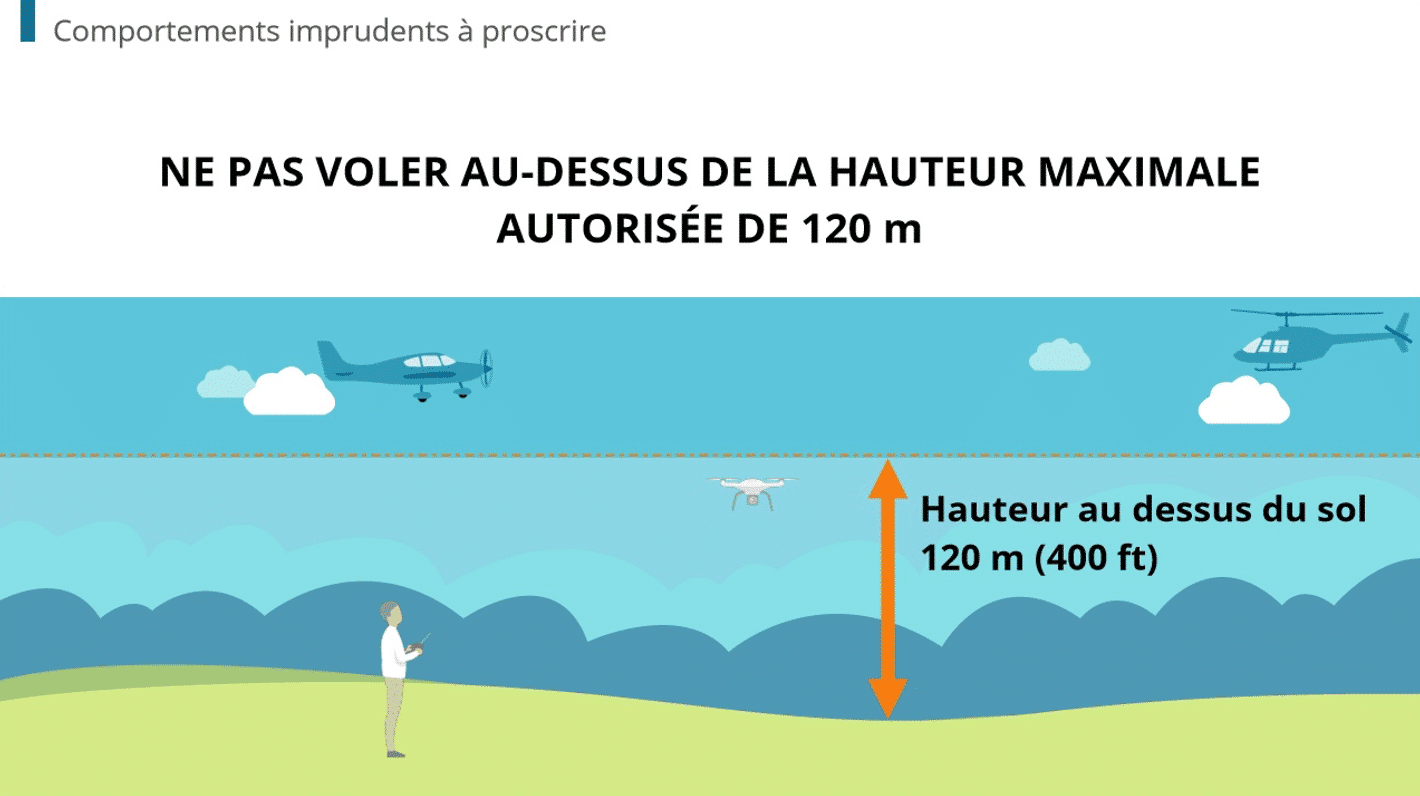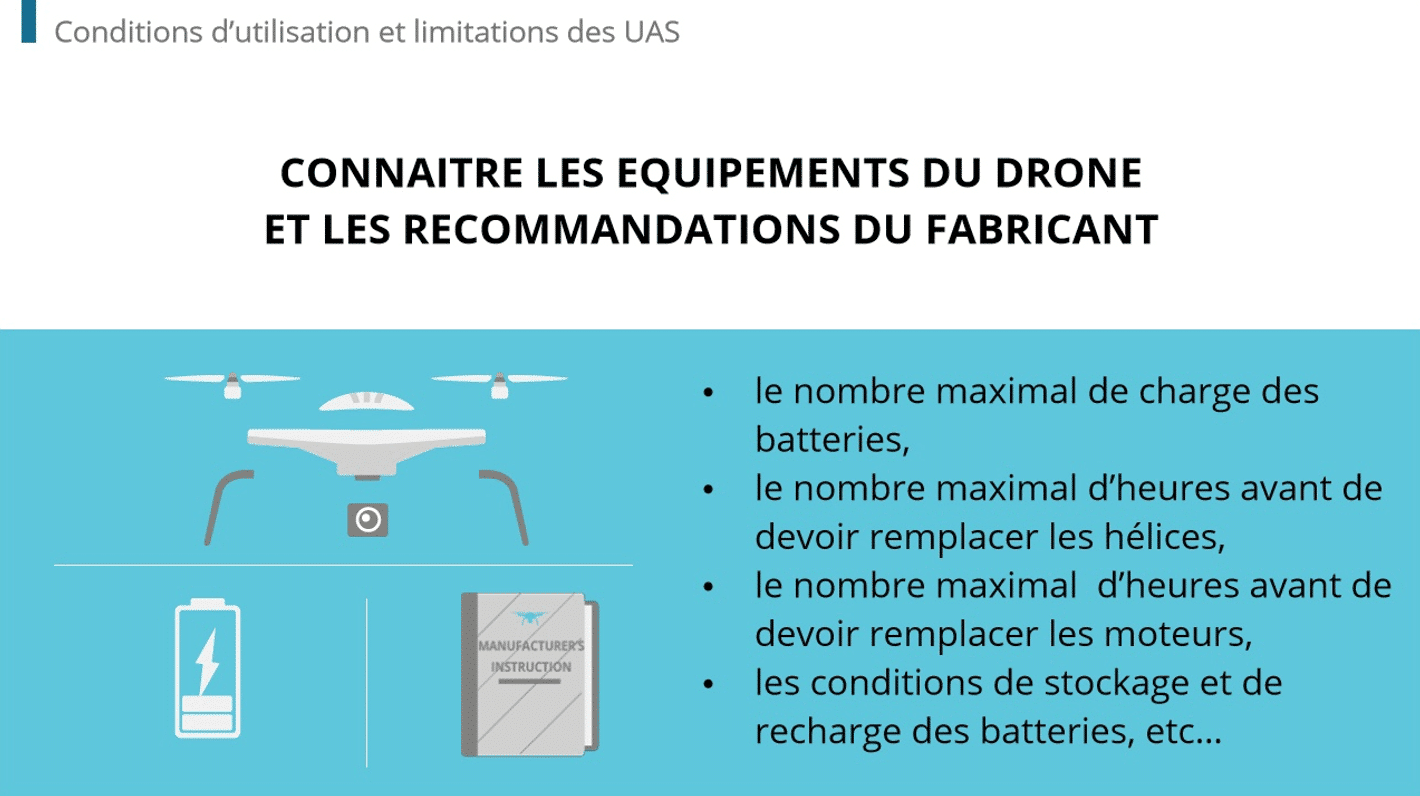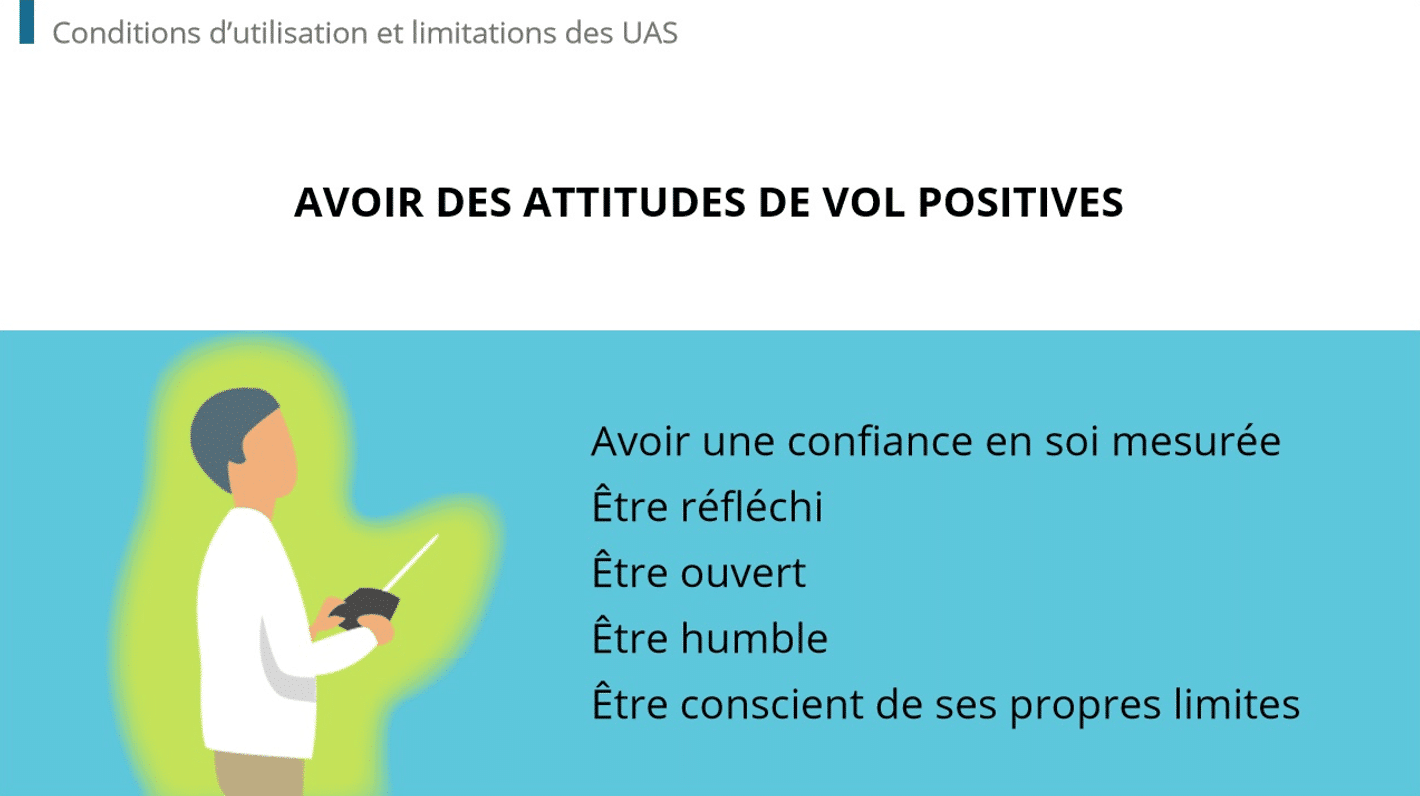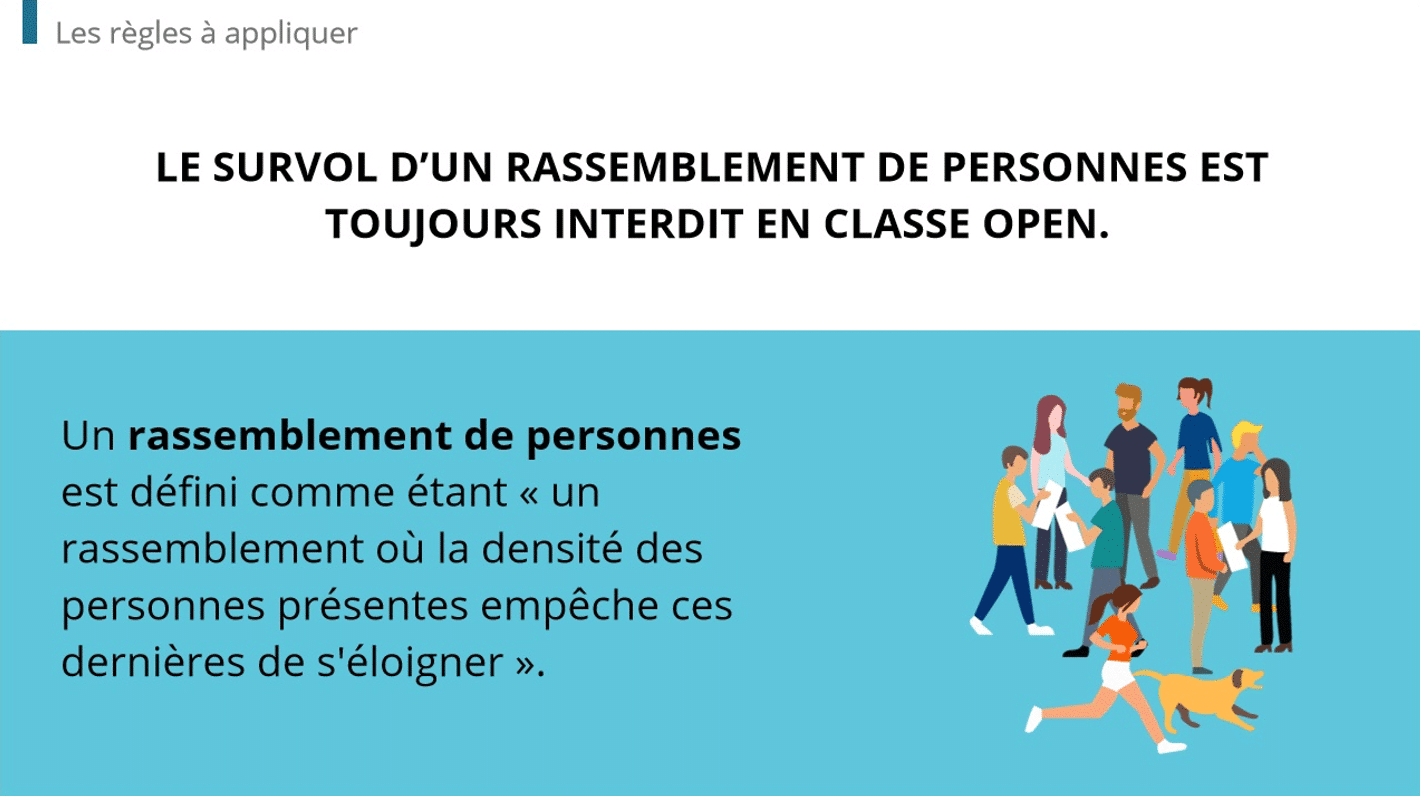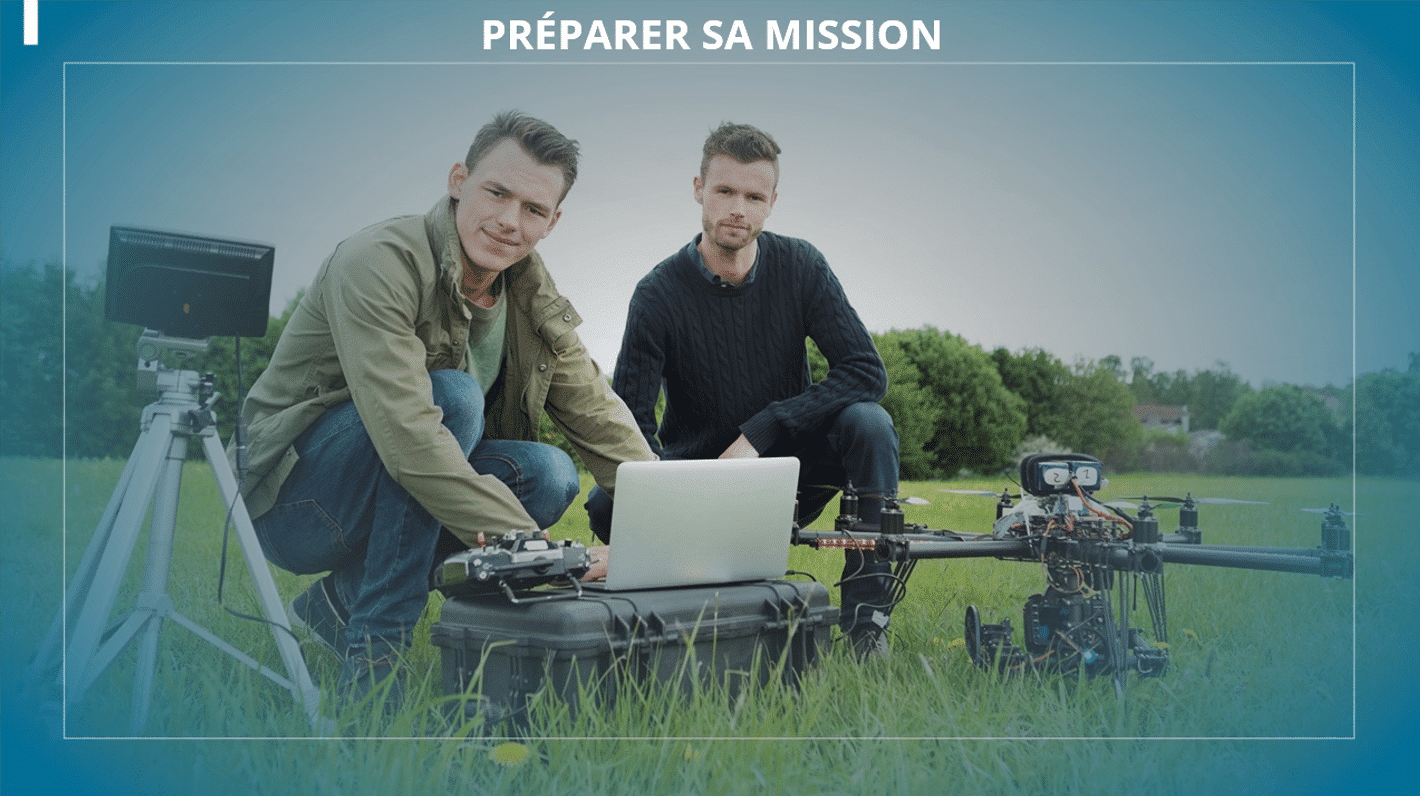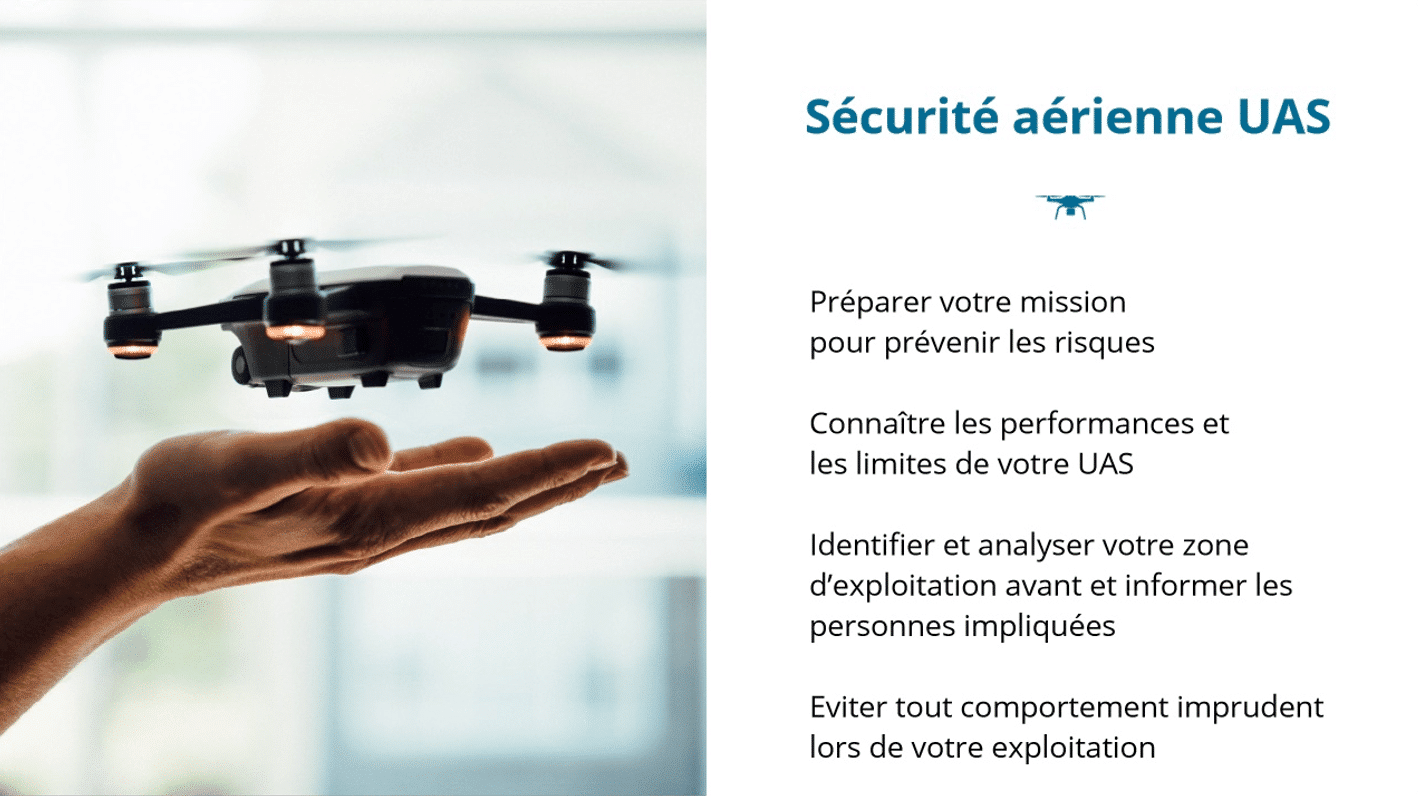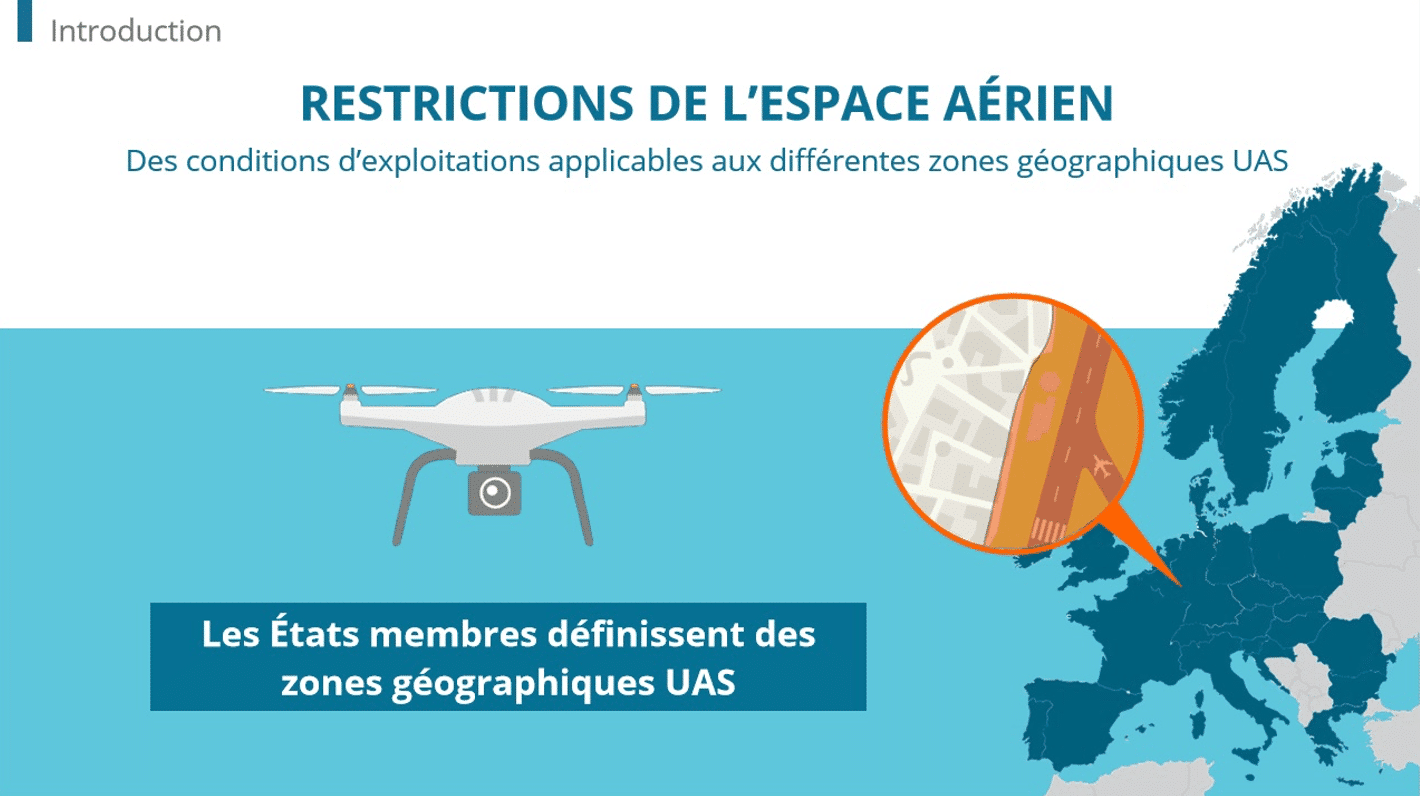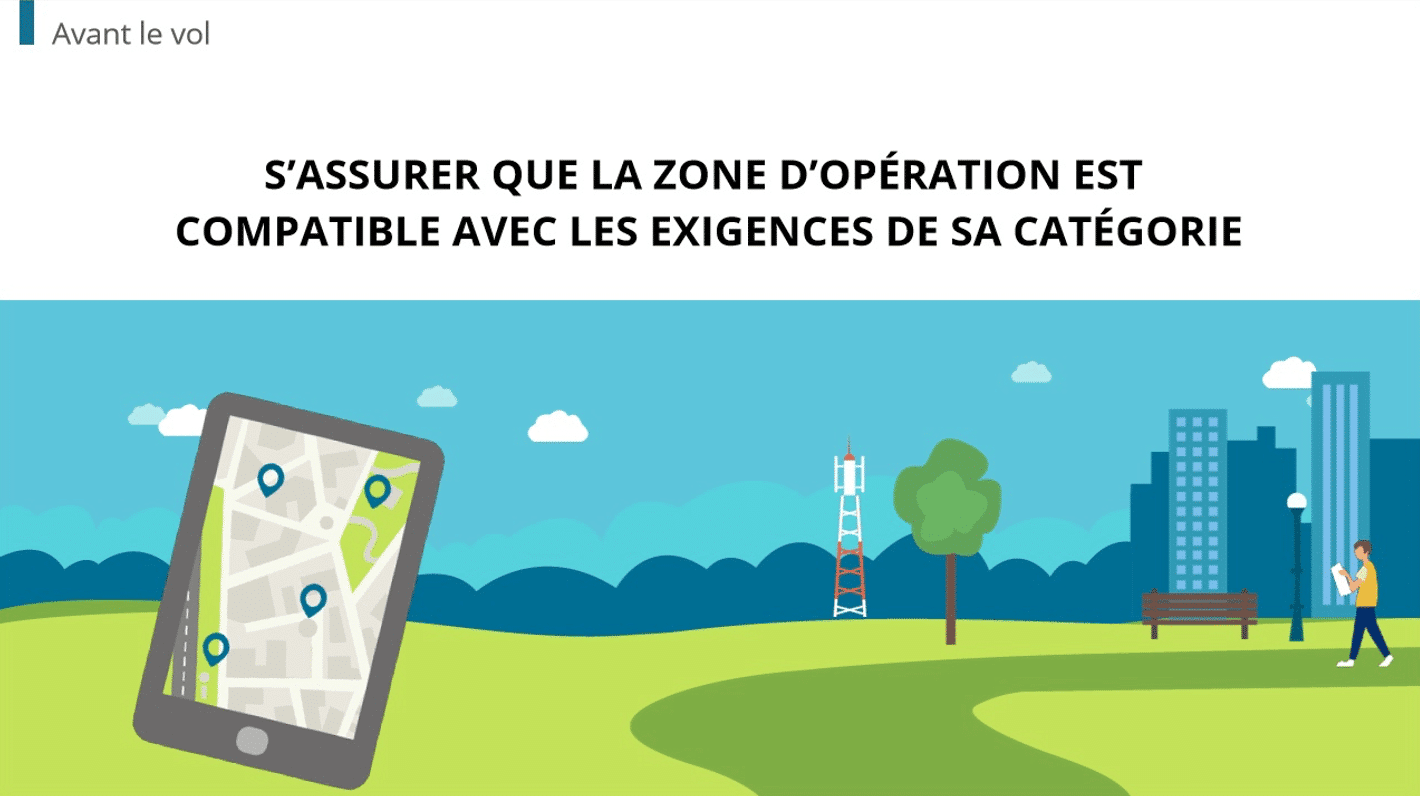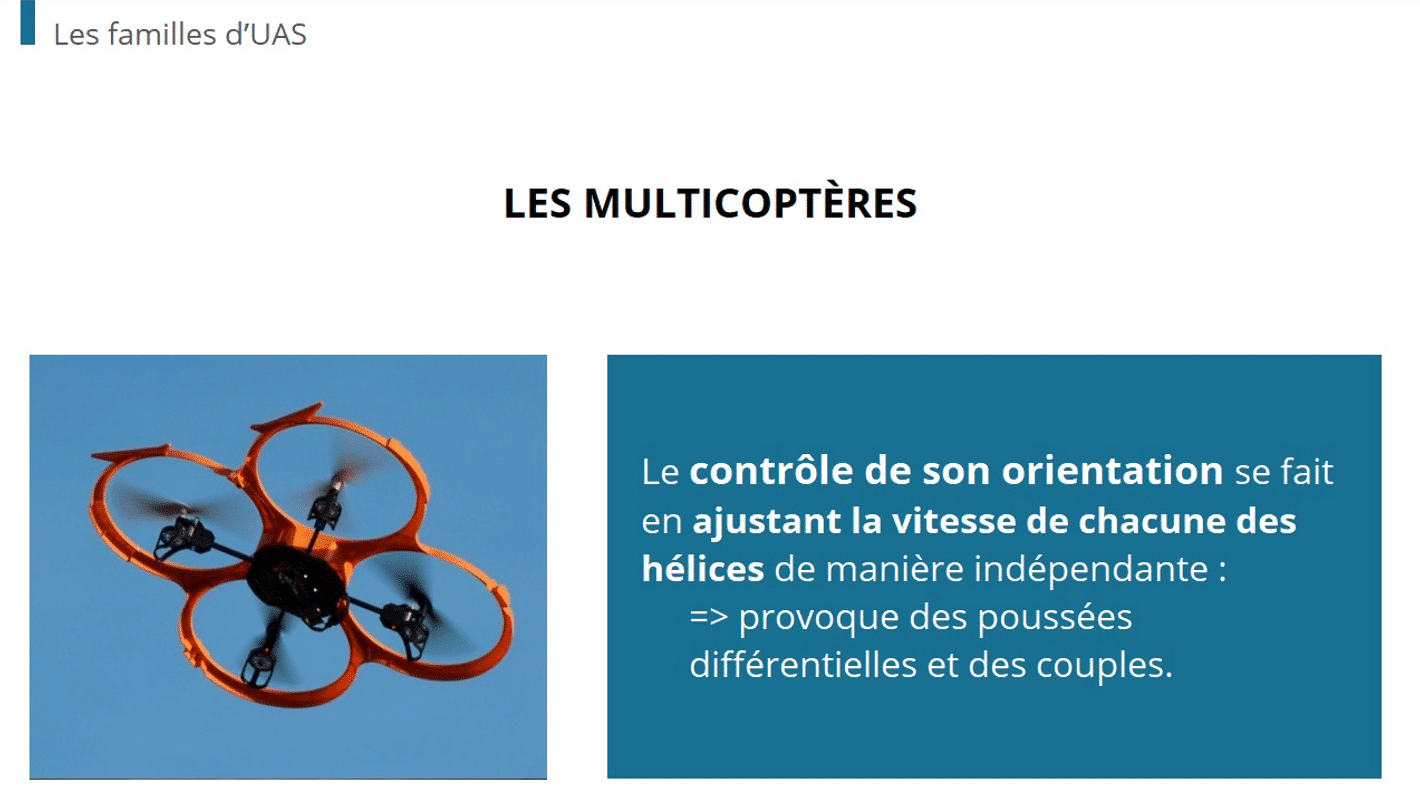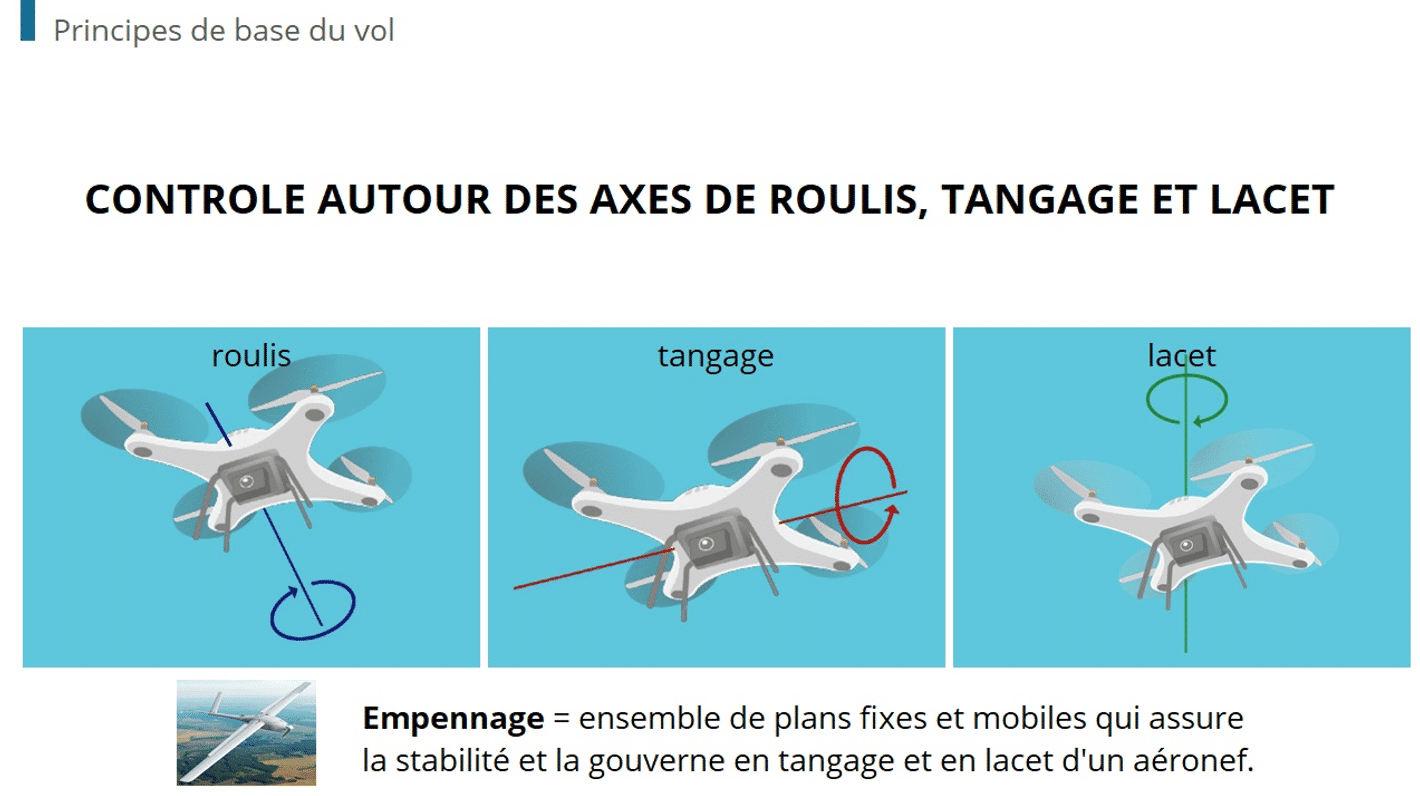Fundamental to elearning programmes, scenario development helps the medical sector address its challenges of continually educating personnel who are often off-site.
Medical and pharmaceutical markets operate in a hypercompetitive, globalised environment. Quality standards are increasing, and technological and scientific developments occurring at an ever-faster pace.
Elearning plays a significant role in helping these sectors provide ongoing education to personnel. Ensuring that an elearning programme is well designed all starts with the scenario. This step is essential to ensure the training program involves the learner throughout his educational journey.
The basics of developing an elearning scenario
Elearning is a sequence of activities (quiz, exams, etc) organised into a course or scenario. An elearning scenario is used to structure and order the training, and ensure the regular delivery of learning, assessment and interaction.
The challenges of medical elearning
- Regulations: Whether from the Food and Drug Administration, International Society for Pharmaceutical Engineering, or another body, every day institutions are imposing new protocols on hospitals and laboratories, which in turn must ensure that the knowledge of their staff is standardised.
- International deployment: globalisation leads the medical sector to train remote offshore teams, while maintaining constant contact with representatives on the ground.
- Continuing education: medical teams work in lean environments, and cannot easily remove themselves from care units. This daily rhythm does not exempt hospitals from working to constantly improve the quality of care.
Developing scenarios in response to specific challenges
Involvement and ownership, along with storage and contextualization, are the main benefits of creating an elearning scenario.
Involvement: If the student is not given an example of the need to participate, he loses interest in the programme. Scenario development strengthens his involvement by placing him in a real situation.
Ownership: imagine a simulation of an analysis and observation in laboratory conditions. With elearning, the learner becomes involved in his own learning process. He himself seeks the standards and protocols to follow. This specific cognitive process facilitates memorisation.
Contextualization: for decentralized teams (for example in overseas missions), scenario development provides a benchmark, placing concepts into a context. It also allows one to assess them in practice, while confronting other realities. Training engages the learner in a participatory mechanism.
Case Study
Axea Solutions trains hospital staff to meet World Health Organization standards. With Dokeos, the company has developed an elearning curriculum to train several dozen nurses and personal nursing assistants in the International Statistical Classification of Diseases and Related Health Problems, ICD-10. More than 40 courses have been developed using an unchanging scenario:
- Prerequisites test
- Modules of self-training in rapid learning
- Final exam
The results have exceeded the company’s expectations (over 4,000 people trained in 4 months), but also, users feel guided by the scenario.
To learn more about this case study




